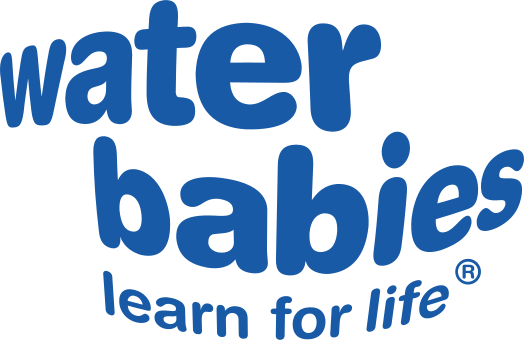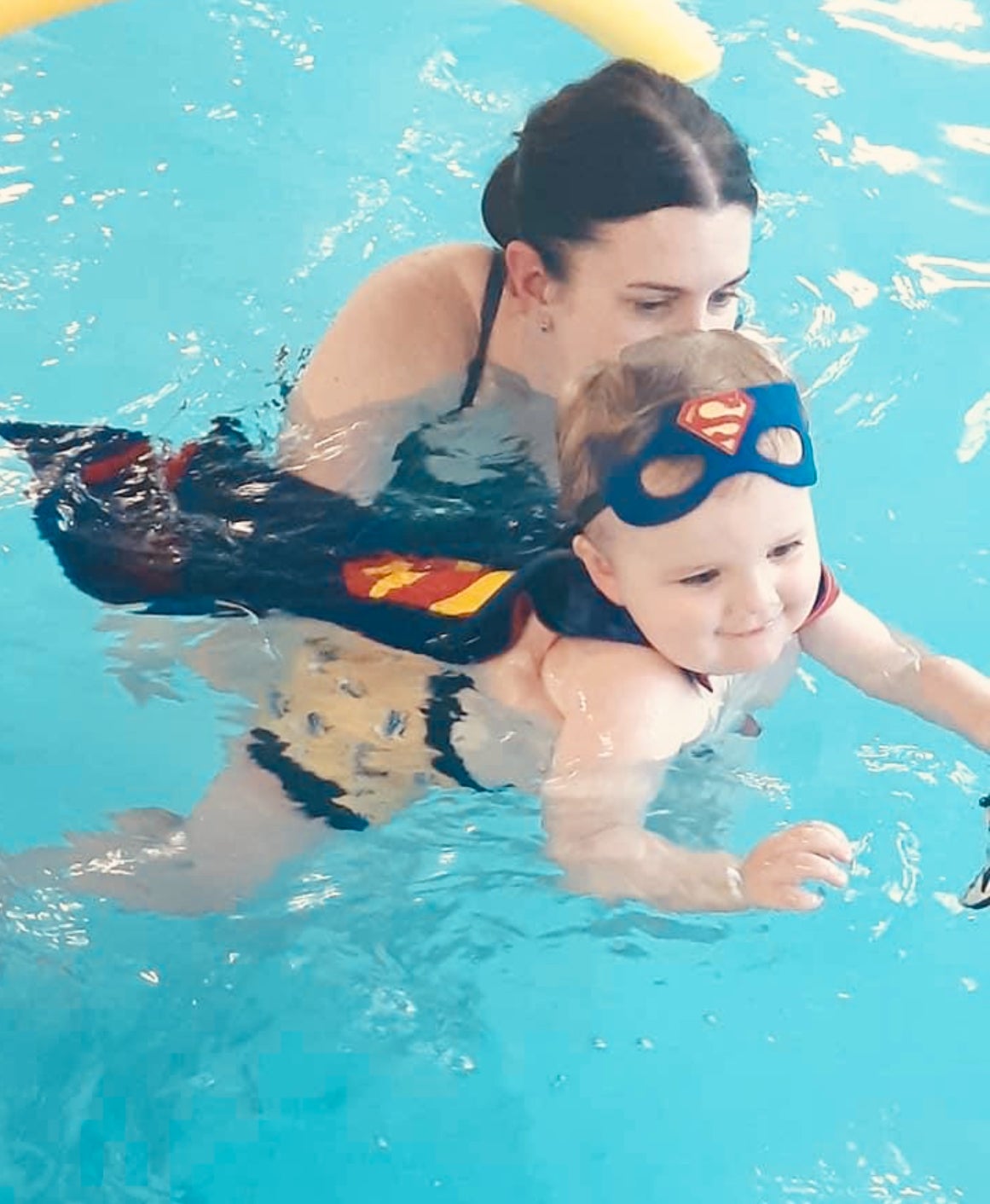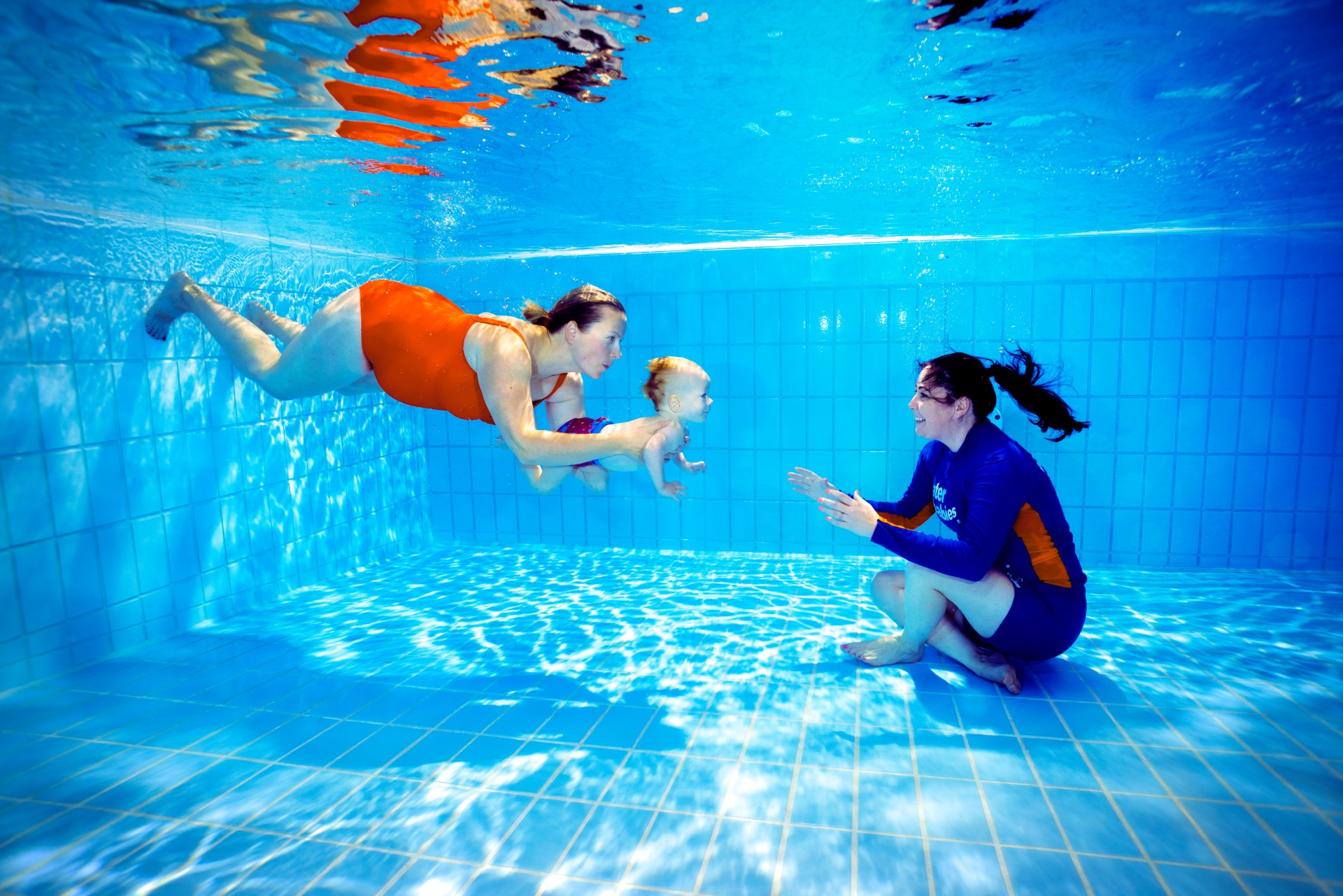By Aine Halton-Hanley, Director of Aquatics at Water Babies
It’s National Baby Swimming Week! A time for us to celebrate, raise awareness, and share the benefits of getting babies and toddlers water confident from an early age. Not only is learning to swim a life skill, but it’s an activity which supports little ones as they grow, helping them achieve key developmental milestones.
As 90% of the neurons in the brain are formed and connected by the time a child reaches five, the evidence reveals the importance and value of being physically active from as young an age as possible, helping to reach their physical, emotional, cognitive, and physiological developmental milestones as they grow.
In this blog, we’ll explore how swimming helps support little ones in more detail, and how we believe teaching children how to swim safely, will help them to become Swimvincible.
Water Safety
During Drowning Prevention Week, The Royal Lifesaving Society UK (RLSS) revealed child drownings in England have doubled in the past 4 years. The data shows the number of child drowning deaths in England has significantly increased from 20 in 2019-20, to 41 in 2022-23. Tragically, a total of 125 children have accidentally lost their lives to drowning in the last four years.
This is a devastating fact, and reveals the importance of teaching children how to enjoy the water, safely. Exposing children from a young age to water in a safe, controlled environment such as swimming lessons, can help them to understand the importance of water safety, and what to do if they’re ever in a dangerous situation in or around water.
Physical Benefits
As adults, we know swimming has many physical benefits. It keeps our heart rate up, builds endurance and muscle strength. And it’s exactly the same for little ones too. For babies though, being in the water also helps them to move independently before they can crawl or walk. It’s a safe space for them to explore their balance, meaning they’ll become a lot more coordinated out of the water too! Not only this, but it also:
Swimming uses cross-lateral movements (which cross the midline of the body) to help with hand-eye co-ordination. Such as reaching for a ball or toy.
Grasping hold of toys and chasing toys in the pool help develop their finer motor skills; those smaller movements in the wrists, hands, fingers, feet and toes.
Swimming strengthens their heart and lungs as well as their arm, leg and neck muscles.
Bouncing and splashing in the water stimulates the vestibular system, aiding balance.
And the most important of them all – swimming is proven to help with little one’s eating and sleeping patterns. A win-win for the whole family!
Psychological Benefits
As your little one grows, they’re continually developing and swimming has been proven to have psychological benefits for both babies and toddlers. For example:
Swimming can help strengthen brain connections and stimulates positive emotions.
Those cross-lateral movements also have psychological benefits, as it builds nerve pathways, helping the brain to store and retrieve information.
One of the most important psychological benefits of baby swimming though, is the bonding opportunities it provides for you and your baby. The focused time in the water strengthens this bond between baby and carer, through holding them close and the special skin-to-skin contact in the comforting warmth of the water. Your baby can smell you, feel your heartbeat and breathing, which all helps to calm and relax you both. This stimulation reminds them of the security of the womb. And it’s a special time for you to enjoy together, with no distractions from the hustle and bustle of daily life.
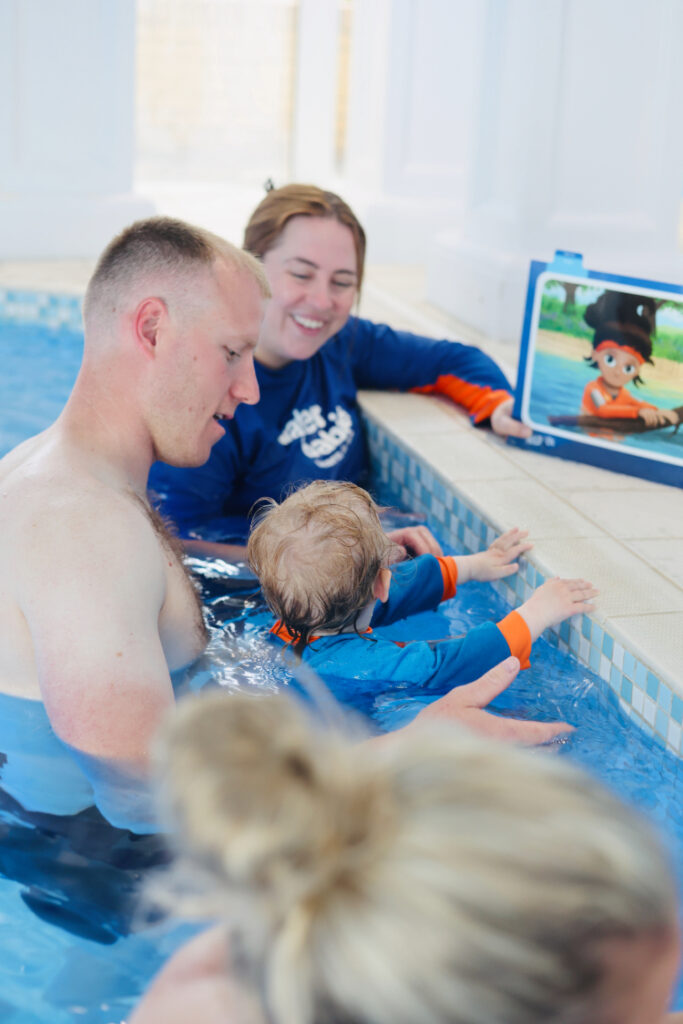
Growing water & life confidence
Learning to swim from a young age can also build your little ones confidence, both in and out of the water. The excitement of grasping a new skill or achieving new skills they’ve been working on, will give them the confidence to learn and try new things as they grow.
Swimming lessons also supports children’s social development and confidence, as they bond and connect with other babies and toddlers in the class. Learning and growing together in a safe space, whilst also having lots of fun!
Importance of play
Speaking of fun…swimming provides an opportunity for your little one to learn and explore in a safe environment, whilst having lots of fun! Play is so important for all of us, and for babies and toddlers it’s a key element in helping them to learn new things. Sometimes without realising it! Through fun games and activities, singing, and introducing new exciting characters, swimming lessons can provide the chance for all little ones to explore their imaginations and bring their swimming lessons to life.
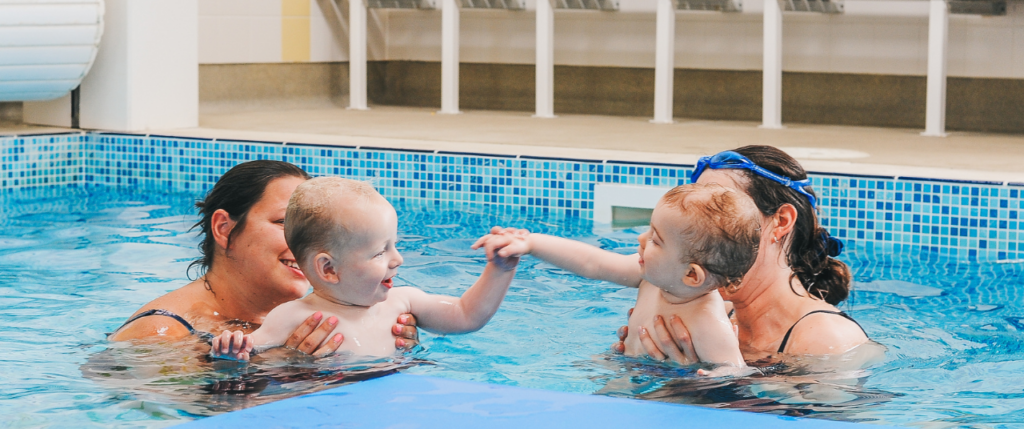
Accessibility
Most importantly, water is a leveller, a place where everyone can flourish and lifesaving skill. Swimming has a whole range of benefits for babies and toddlers with disabilities and learning difficulties. As well as the physical rewards swimming brings (things like the buoyancy in the water helping to reduce pressure on the bones and joints), it also helps improve their confidence.
Start with bath time
Our Water Babies Learn series is a free resource for all families to benefit from. These practical videos show you key water confidence skills you can do with your little ones, regardless of where you are. It’s all about growing your little one’s confidence, whether that’s at home in the bath, or visiting your local leisure centre. Each video is explained by an experienced Water Babies teacher, so you can watch knowing you’re getting expert advice on introducing your little one to water. Click here to view – https://waterbabies.co.uk/lessons/learn
Become Swimvincible today
Are you ready to become Swimvincible? Then start your baby and toddler swimming journey today with Water Babies, where we’ll help you to learn a skill for life in a fun, imaginative, educational and safe environment. We can’t wait to see you in the pool soon. Click the link below and start your baby swimming journey today.
